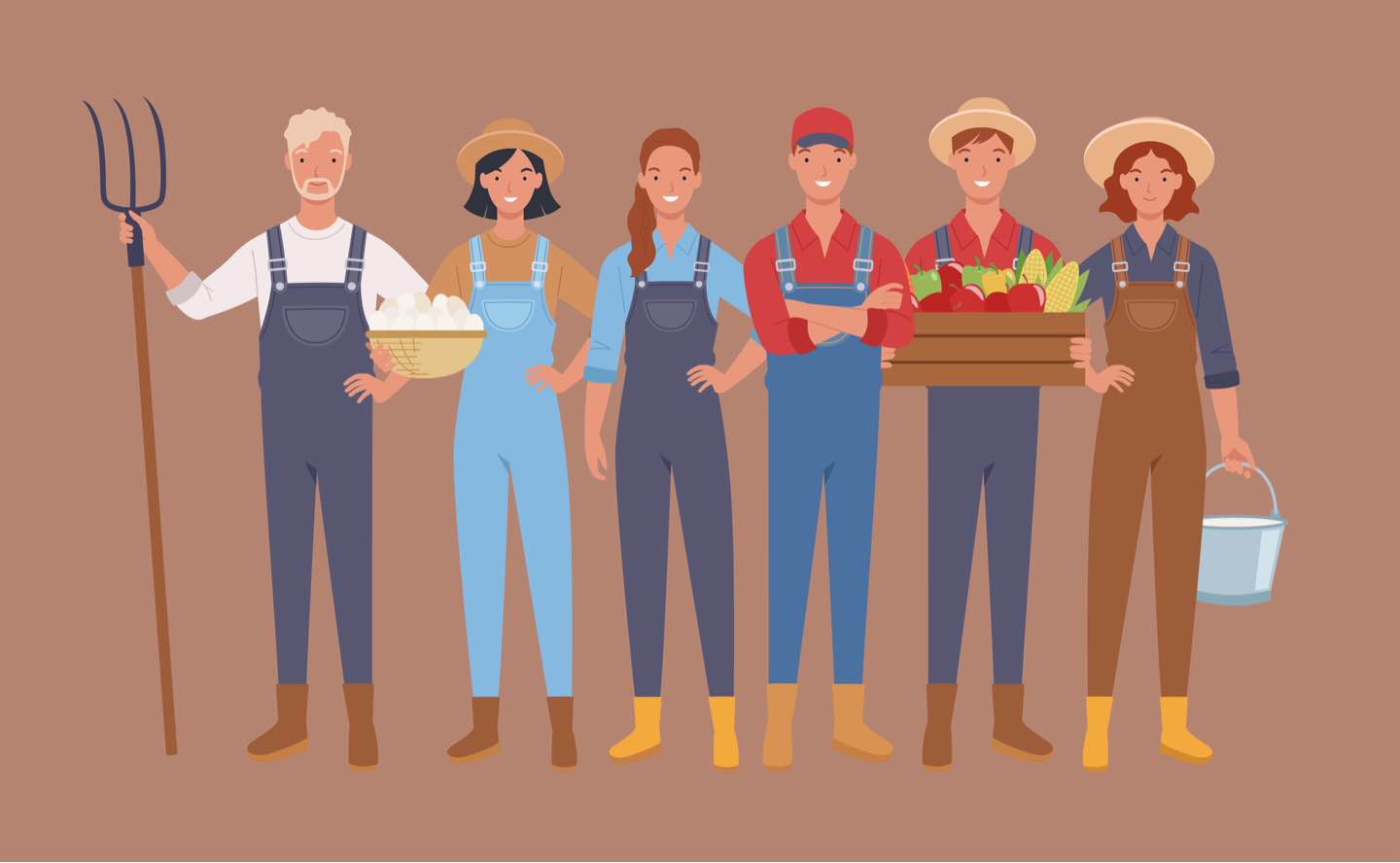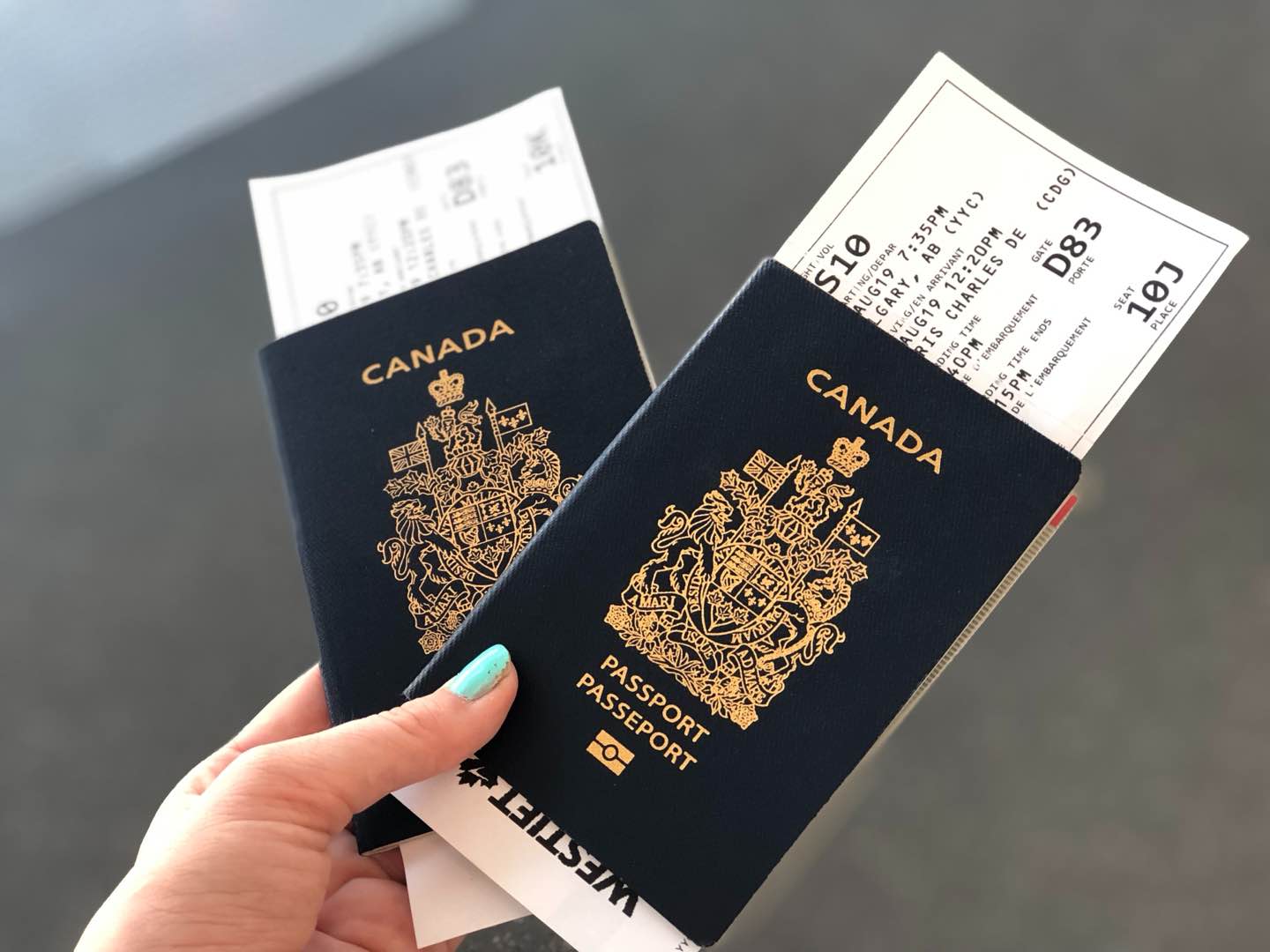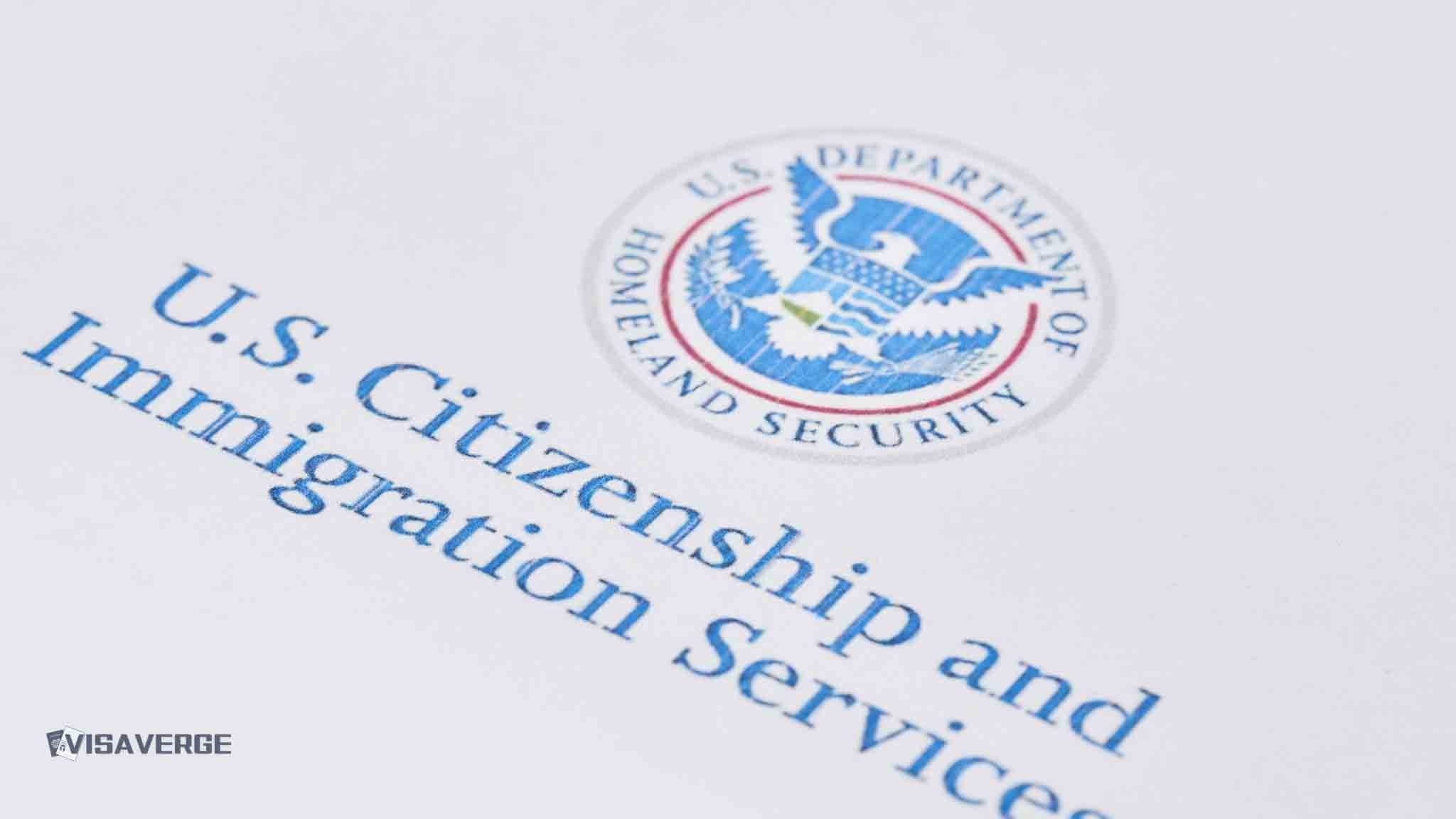Key Takeaways
• US tourist visas require proof of strong ties to home country to avoid denial under Section 214(b).
• Common rejection reasons: weak financial evidence, inconsistent application data, prior immigration violations, and fraud suspicion.
• Applications include completing DS-160, paying fees, scheduling interviews, and providing passport, travel plan, and strong ties evidence.
Applying for a US tourist visa (sometimes called a B1/B2 visa) gives people a chance to visit the United States 🇺🇸 for tourism, family visits, or short business trips. But in recent years, more applications have been turned down. Understanding the main reasons behind US tourist visa rejections can help people avoid common mistakes and prepare a stronger case.
Eligibility Requirements

US tourist visas are designed for people who want to visit for a short time for tourism, to see family or friends, or to attend business meetings or events. To qualify, applicants need to show:
- They plan to return home after the visit.
- They have enough money to pay for their entire trip.
- They can explain and prove their travel purpose.
- They don’t plan to work or stay in the US illegally.
- They have no disqualifying criminal or immigration history.
- They are healthy enough and not a risk to public safety or security.
Most importantly, all applicants must show strong ties to their home country. These ties convince the US officer that there are reasons, like family, job, or property, that will make the person return home when the trip is over.
Purpose and Benefits of the Visa
The US tourist visa allows people to visit the United States 🇺🇸 for sightseeing, family visits, tourism, medical treatment, attending conferences, or taking part in short work-related activities. This visa does not allow someone to study for a degree, work long-term, or live permanently in the US. The benefits include:
- Flexibility to travel anywhere in the US for up to six months at a time.
- Opportunity to visit American attractions, family, or friends.
- Being able to attend family events, weddings, or business conventions.
- Medical care visits if needed.
Common Reasons for US Tourist Visa Rejections
- Failure to Show Strong Ties to Home Country
This is the most common reason for visa rejections. When applying, people must convince the consular officer that they have solid reasons to return home after their trip. These strong ties can be a steady job, running a business, owning property, having close family (like children or a spouse), or important financial or social connections. If the officer believes the person might overstay their visa or not return, they will reject the application. The law—Section 214(b) of the Immigration and Nationality Act—presumes every person wants to immigrate unless they can prove otherwise.
Real-World Example:
A 30-year-old woman from India applies for a US tourist visa to visit her cousin. She is not married, has just left her job, and does not own property. The officer denies her application because she cannot show strong ties like a steady job or family commitments in India to make her return.
- Inadequate Financial Documentation
Another common reason for US tourist visa rejections is not proving enough money to cover the entire trip. Applicants must show they can pay for travel expenses—including airfare, hotels, food, and other costs—without working illegally or asking the US government for help. Clear bank statements, payslips, or proof of income are critical. Sometimes, the lack of recent bank activity or mismatched financial details raise red flags.
Real-World Example:
A young man provides a bank statement with a sudden, large deposit before the interview but has no regular income or job. The officer may reject his visa because it’s unclear where the funds came from or if he can support himself during the trip.
- Incomplete or Inconsistent Applications
Mistakes on forms, missing documents, or different information provided on forms and in interviews also play a big role in visa rejections. The online DS-160 form must match all supporting documents and the applicant’s spoken answers. Failure to bring travel plans, invitation letters, or even not being able to explain why and where one is traveling can harm a person’s application.
- Previous Immigration Violations or Unlawful Presence
If someone has overstayed a visa or stayed illegally in any country—especially the US—their chances of getting a tourist visa drop sharply. Violations such as working without permission, overstaying, or lying to immigration officials are all serious issues.
- Suspicion of Fraud or Misrepresentation
Giving false details or providing fake documents leads to an immediate denial. This can include lying about travel history, submitting fraudulent invitation letters, or hiding information about family in the US. Punishments can go beyond refusal and might include bans from ever applying again.
- Health and Security Concerns
Applicants who have serious diseases that are a risk to public health, a record of drug use or addiction, a criminal record, or even associations considered a security threat, can be declared ineligible for any type of US visa.
- Applying from High-Risk Countries
People from certain countries with high rates of overstays or signs of political/economic instability face more questions and higher refusal rates. Each year, the US Department of State updates its watch list for high-risk countries.
Additional Factors Impacting Approval Rates
Other issues can lower chances of approval, even if an applicant meets most requirements:
- Weak Travel Itinerary: If the purpose or travel plans are not clear, the officer may doubt the trip is genuine. A detailed plan, including where someone will stay, what they will see, and why, is important.
- Prior Visa Denials: If someone was refused before and does not address the reasons or submit new evidence, it becomes harder to get approved in future applications.
- Poor Interview Performance: Consular interviews can be stressful. Nervousness is normal, but giving vague or confusing answers about the trip raises doubt and leads to more rejections.
- Use of Data Analytics: US consulates use modern data tools to flag potential risks based on application history before the interview even starts.
Application Process (Step-by-Step Overview)
- Complete Form DS-160: This is the online nonimmigrant visa application form. Complete all sections, upload a recent photo, and submit online. See the official DS-160 form.
- Pay the Visa Application Fee: The fee is usually non-refundable and must be paid before scheduling an interview.
- Schedule an Interview: Most applicants between 14 and 79 must appear in person at the nearest US embassy or consulate.
- Prepare Documents: Gather a valid passport, confirmation page of DS-160, fee receipt, photo, travel plans, proof of funds, and evidence of strong ties.
- Attend the Interview: Answer all questions honestly. Bring every document that supports your story and situation.
Required Documents and Evidence
Key paperwork includes:
- Valid passport (with at least 6 months validity)
- DS-160 confirmation
- US visa application fee receipt
- Recent photograph (as per US guidelines)
- Travel itinerary and flight details (if booked)
- Proof of financial means (bank statements, proof of income)
- Evidence of strong ties (job letters, proof of property, family relationships)
- Any previous US visas and refusal information, if any
- Invitation letter (if visiting friends/family in the US)
Processing Times and Fees
After the interview, most applicants get a decision within a few days to a few weeks, depending on the embassy’s workload. Visa fees vary by country but usually range between $160 and $190. Some cases are delayed (administrative processing) if further background checks are needed.
Validity Period and Renewal Options
US tourist visas are typically valid for one to ten years, depending on the applicant’s nationality and embassy rules. Each visit usually allows up to six months in the United States 🇺🇸, but the final duration is decided at the port of entry. Applicants can apply for a new visa after the old one expires, but there is no guarantee of approval.
Rights and Restrictions
With a US tourist visa, holders may travel to the US for tourism, visit friends or family, or attend business conferences. However:
- They cannot work for US companies.
- They cannot study for a degree.
- They cannot stay permanently.
- Each trip must be temporary.
Pathways to Permanent Residency
The US tourist visa does not offer a direct path to permanent residency (“green card”). Those wishing to live long-term in the United States 🇺🇸 must apply for other visas, such as work, student, or family-based immigrant visas, and follow different rules.
Comparison with Similar Visa Types
The US tourist visa (B1/B2) is for short visits. Other visas serve different needs:
- Student Visas (F, M): For academic or vocational study, not tourism.
- Work Visas (H, L, O): For working in the US with employer sponsorship.
- ESTA under Visa Waiver Program: For citizens from certain countries, allows short visits (up to 90 days) without a visa, but has stricter rules and is not an option for everyone.
The main difference is the purpose and length of stay allowed.
Common Misconceptions/FAQs
- “Strong ties mean only owning property.”
False. Ties can be family, job, business, study, or long-term community life—not just assets. -
“If I have family in the US 🇺🇸, my visa is guaranteed.”
Not true. Sometimes, family in the US makes officers worry about plans to overstay. -
“I can work a short job while on a tourist visa.”
No. Working in the US without a work visa can lead to being banned from future entry. -
“Everyone from my country is always rejected.”
Every case is looked at individually, though some countries do face more questions.
Analysis from VisaVerge.com suggests the key to approval is proof—both in documents and in the interview—of strong ties and a clear, honest purpose for travel.
Recent Changes and Updates
- The US has increased the use of data analytics and automated screening to spot risky cases earlier.
- Some countries now face extra questions due to high rates of previous overstays.
- Application demands and wait times have grown following the COVID-19 pandemic.
Pros and Cons of the US Tourist Visa
Pros:
– Opportunity to visit the United States 🇺🇸 for a variety of short stays
– Valid for multiple entries (in most cases)
– Clear process for those who qualify and prepare properly
Cons:
– High rate of rejections, especially for those who cannot show strong ties
– No path to longer stays or permanent residency
– Requires a lot of paperwork and a personal interview
– Some applicants face extra scrutiny based on nationality or past travel
Additional Resources
For more details about visa requirements and reasons for denials, visit the US Department of State’s official visa denial page, which lists the most current guidance for applicants.
Summary
Securing a US tourist visa is not easy, especially with rising refusal rates and strict checks. Most denials happen because applicants cannot show strong ties to their home country, lack the right financial proof, or make errors in their paperwork. By understanding what officers look for—and preparing honest, complete evidence—people can improve their odds. For the best chance of success, applicants should prepare strong ties proof, check every document twice, and give clear, honest answers at every step. A careful approach today will make the dream of visiting the United States 🇺🇸 more likely tomorrow.
Learn Today
B1/B2 Visa → A US nonimmigrant visa for short visits involving tourism, business, or family visits.
Strong Ties → Connections to home country like job, family, or property proving intent to return.
DS-160 Form → Online nonimmigrant visa application form required by US consulates.
Section 214(b) → A U.S. immigration law presuming immigrant intent unless proven otherwise during visa application.
Administrative Processing → Additional background checks causing delays after visa interviews.
This Article in a Nutshell
Applying for a US tourist visa demands clear proof of travel purpose and strong home country ties. Increasing denials highlight financial documentation and honest interviews as critical. Avoid mistakes by thorough preparation, understanding refusal reasons, and demonstrating convincing ties for better visa approval chances to visit the United States.
— By VisaVerge.com
Read more:
• Marina del Pilar Ávila loses US tourist visas with husband
• Applying for a US Tourist Visa with Pending Charges: What You Need to Know
• Jasmina Midzic deported from Los Angeles International Airport over tourist visa misuse
• British Tourist Becky Burke Held in ICE Custody After Visa Issue
• Change of Status: USA Tourist Visa to Spousal Guide













